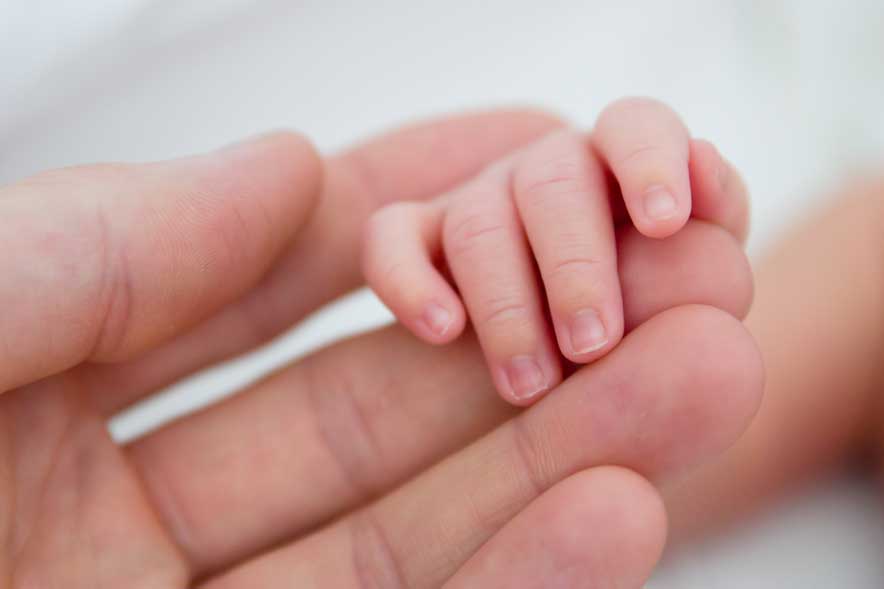Paternal involvement can have positive health impacts for a mother and her baby, according to a new study byNorthwestern Medicine and the Centers for Disease Control and Prevention (CDC).
The study found unmarried mothers — with or without an acknowledgement of paternity (AOP) – a document signed by unmarried parents to establish the child’s legal father — are more likely to engage in health-risk behaviors and less likely to engage in protective health behaviors around the time of pregnancy compared to married mothers. The study used information from birth certificates to measure marital status and AOPs for unmarried mothers.
Unmarried women are less likely to have prenatal care during the first trimester of pregnancy, to ever breastfeed, to breastfeed at least eight weeks and are more likely to drink alcohol and smoke during and after pregnancy. The frequency for any of these outcomes was even greater when the mother was both unmarried and an acknowledgement of paternity was not completed.
The paper was published Feb. 5 in the journal Public Health Reports.
“The period of time when a woman is pregnant and eventually delivers her baby (the perinatal period) is a significant period of time because the health behaviors she adopts can impact her health and that of the baby,” said co-author Dr. Craig Garfield, professor of pediatrics and medical social sciences at Northwestern University Feinberg School of medicine and a physician at Ann & Robert H. Lurie Children’s Hospital of Chicago.
Not much is known about how the presence of a father affects families and children, especially for unmarried couples having kids, which represents about 40% of U.S. births today. This study aimed to gain more insight in this area.
The study analyzed data from 32 Pregnancy Risk Assessment Monitoring System (PRAMS) sites from 2012 to 2015 and a total of 113,020 participants. PRAMS is an ongoing state-based surveillance system of maternal behaviors, attitudes and experiences before, during and shortly after pregnancy.
It did not analyze parental involvement in same-sex couples because the data used in the study was from statewide databases that acknowledge paternity – not parenting – roles. Garfield said more research is needed on how the support of any partner – man or woman – impacts the health of the mother and baby.
The study’s findings could help motivate doctors who care for children and families to explore the status and quality of the parents’ relationship, Garfield said.
“Let’s say a mom attends health care visits alone. Simply asking about the home situation and level of paternal involvement may provide insight into the need for assistance or support,” Garfield said. “In contrast, if both parents attend the visit together, this visit may serve as an opportunity to engage fathers on the importance of their role in their child’s well-being, and to educate and support them in their transition to parenthood.”
By identifying paternal presence during this period, physicians could develop and tailor appropriate interventions and practices based on parental relationship dynamics to improve the health of the baby, Garfield said.
“We know that health-risk maternal behaviors during pregnancy and after delivery can increase the risk of adverse infant health outcomes,” said lead author Katherine Kortsmit in the Division of Reproductive Health at the CDC. “While we weren’t able to directly assess paternal involvement with the data available, this study suggests that engaging fathers and paternal figures may help improve maternal health behaviors around the time of pregnancy.”
This research was supported by the CDC.


